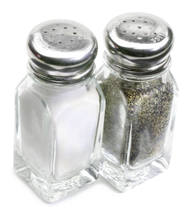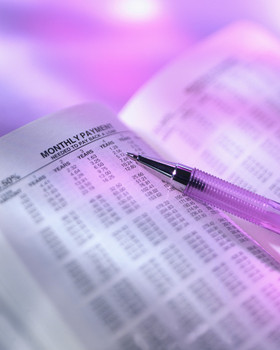 Buying a home takes more than just a down payment — but how much do you really need? In this quick and informative session, you’ll learn exactly what goes into your total “cash to close,” including down payment options, closing costs, and other upfront expenses.
Buying a home takes more than just a down payment — but how much do you really need? In this quick and informative session, you’ll learn exactly what goes into your total “cash to close,” including down payment options, closing costs, and other upfront expenses.
You’ll walk away with a clear understanding of:
✅ How much money you actually need to buy a home
✅ Low down payment loan options (you don’t always need 20%)
✅ What closing costs and prepaids cover
✅ Tips and strategies for saving for your down payment
✅ How gift funds or wedding gifts can help
Whether you’re planning to buy soon or just starting to save, this class will help you create a realistic plan to reach your homeownership goals.
🕓 Duration: 1 hour
📍 Location: Zoom (link provided after registration). Register here or by scanning QR code above.
🎓 Who it’s for: First-time and repeat buyers who want to understand what it really costs to buy a home














Recent Comments